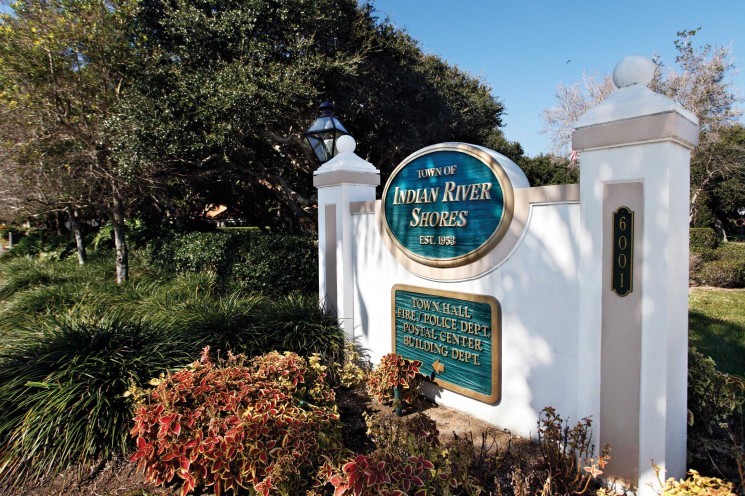
INDIAN RIVER SHORES — Tom Slater is fully aware that his vote at a recent Indian River Shores Town Council meeting would’ve kept alive an effort to move the local elections from March to November.
“I know what happened,” Slater said of the council’s 2-2 deadlock, which killed the proposal that, if approved by town voters, would’ve taken effect in 2016. “And I’m sorry I missed it, because I’m very much in favor of moving the elections to November.
“If I were there, I would’ve voted for the change,” he added. “It just makes sense for our town to vote when everyone else votes. Unfortunately, by the time I realized I had a scheduling conflict, I was already committed to going to Canada.”
Slater, one of America’s top senior amateur golfers, was unable to attend the council meeting last Thursday because he was in London, Ontario, representing the United States in a prestigious team competition against Great Britain and Canada.
He is a longtime U.S. Senior International Team member who served as captain for the Americans’ victories in 2013 and 2011.
“When I committed to the golf event, my thinking was that it would be a very calm meeting – then the issue of changing the elections came up,” Slater said. “Apparently, because of all the statutory steps we need to go through, it’s too late get it done for 2016. But I think this is important, and I want it go back on the agenda.
“I’d still like to see the elections moved to November,” he added, “and the sooner we can do it, the better.”
Councilmen Richard Haverland and Michael Ochsner voted in favor of changing the date, while Mayor Brian Barefoot and Vice Mayor Gerard Weick voted against it, preferring to keep the town’s elections in March.
Indian River Shores is the only remaining municipality in Indian River County to conduct its local elections in March. All the others, including the county, changed their dates to coincide with the general elections, traditionally held on the first Tuesday after the first Monday in November.
“It’s part of our town’s history, and it has worked well for us in the past,” Weick said. “It’s part of the American way to have small-town elections.”
Proponents of moving the elections to November say the town would save up to $7,000 by being included on the county ballot and that the voter participation would be greater, citing the low turnout in 2013 and 2015.
Only 807 of 3,605 registered voters (22 percent) participated in the most recent election in March. The turnout was slightly better in 2013, when 1,283 of 3,591 registered voters (35.7 percent) cast ballots.
Opponents of the move say the cost savings are insignificant and that more residents are actually in town in March. They also expressed concern about the town council elections’ likely placement at the bottom of the county’s already-long ballot, especially during years when there is a presidential election.
In a May 19 memo to the council, Town Manager Robbie Stabe said the November ballot would contain not only the town’s candidates, but every office up for consideration – 12 county office seats in 2016, U.S. president, U.S. Senator, U.S. Representative, State House and Senate, and judges.
“Town Council candidates would be at the very bottom of the ballot,” Stabe wrote. “Would interest in selecting town candidates wane by the time they reached the end of the ballot?”
Slater said he doesn’t believe town voters would lose interest as they progressed through a November ballot, regardless of whether they vote locally or via absentee ballot.
“We have a very informed electorate here,” he said. “People aren’t going to stop in the middle of their ballot. They’ll go through the whole thing.”



